Takeda’s HyHub and HyHub Duo Devices Now Available in the U.S.
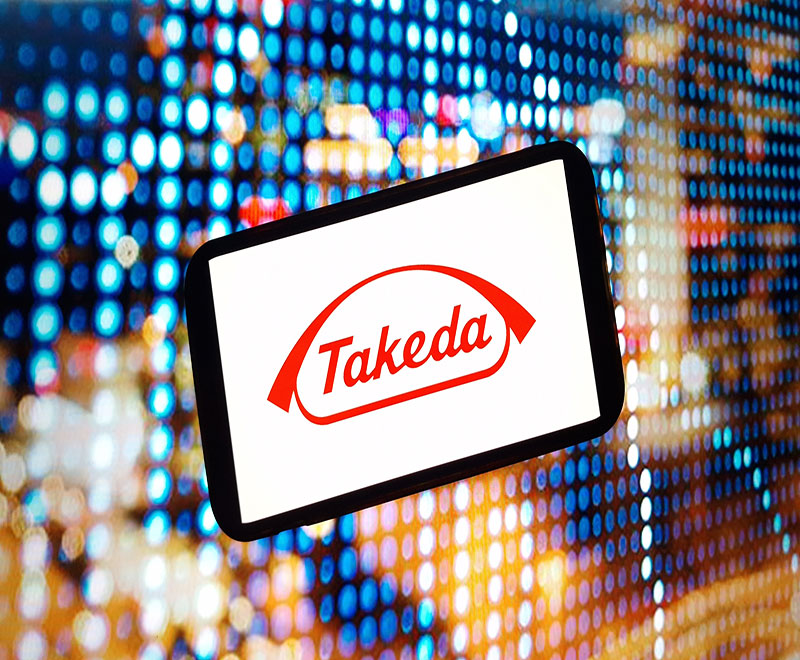
The HyHub and HyHub Duo devices are now available in the U.S. for patients 17 years of age and older who are prescribed HYQVIA.
Grifols Withdraws Four Lots of Gamunex-C 10%

Grifols Therapeutics has initiated a voluntary withdrawal of four lots of Gamunex-C 10%.
IVIG Reduces Infections Following BsAB Therapies in Multiple Myeloma Patients
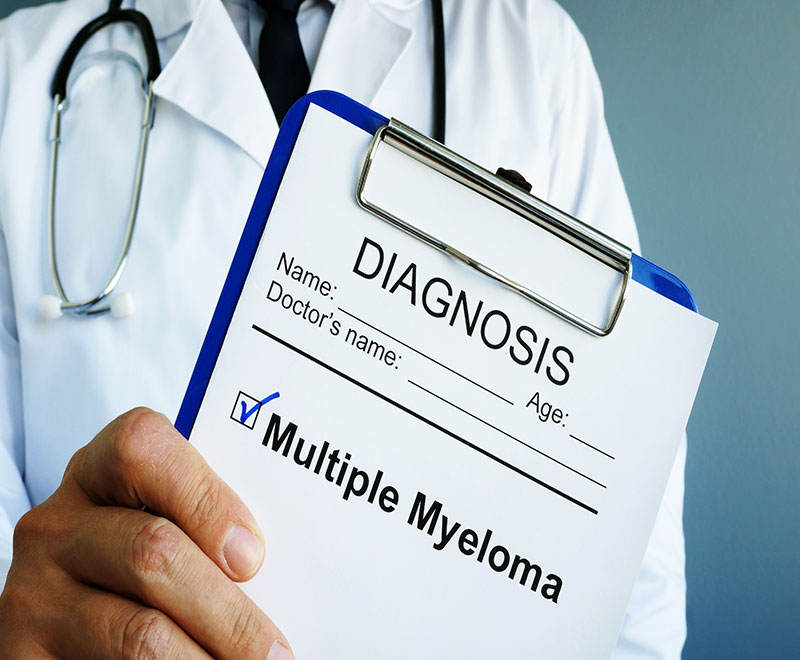
A recent study showed treatment with intravenous immune globulin following infection from BCMA therapies yielded a 67 percent decrease in infections in patients with multiple myeloma.
Takeda’s New Devices for Hyqvia Infusion Can Reduce Preparation Steps By Up to One-Half
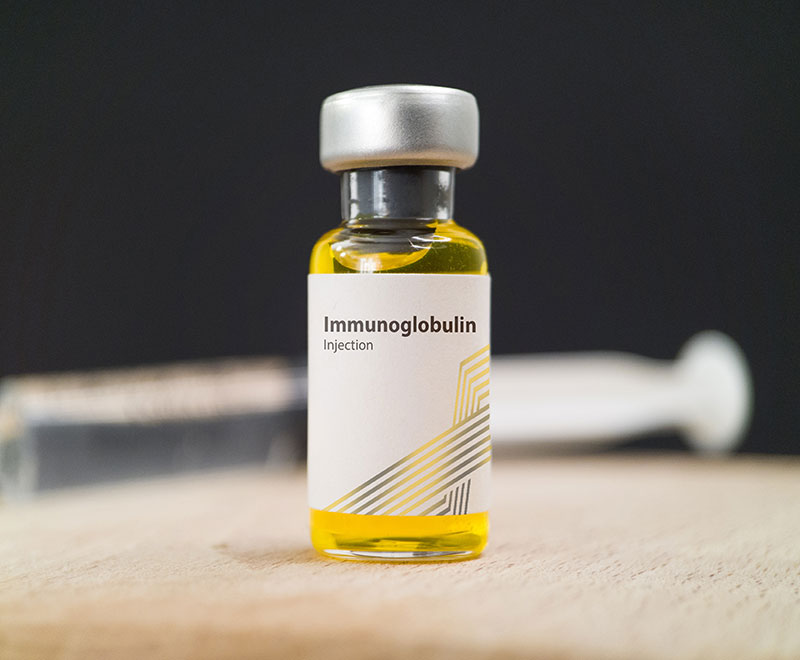
The U.S. Food and Drug Administration has granted 510(k) clearance to Takeda’s HyHub and HyHub Duo for patients 17 years of age and older that allow HYQVIA [immune globulin infusion (human), 10% with recombinant human hyaluronidase] to be transferred from vials without using a needle in a home environment or clinical setting.
FDA Approves Gammagard Liquid ERC to Treat PI, Plans to Discontinue Gammagard SD in December 2027
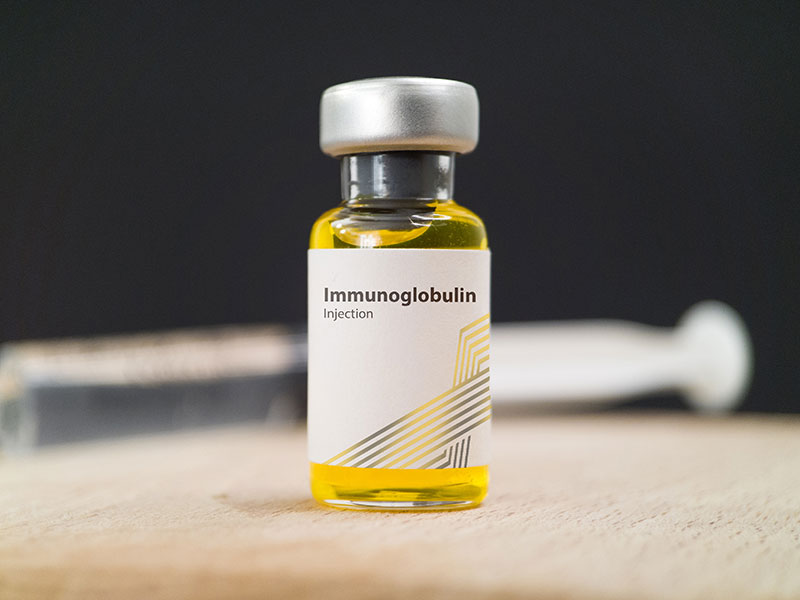
The U.S. Food and Drug Administration (FDA) has approved GAMMAGARD LIQUID ERC [immune globulin infusion (human)] with less than or equal to 2 µg/mL IgA in a 10% solution, the only ready-to-use liquid immunoglobulin (IG) therapy with low immunoglobulin A (IgA) content, as replacement therapy for individuals 2 years of age and older with primary immunodeficiency (PI).
Flebogamma (IVIG) Effective in Treating Post-Polio Syndrome
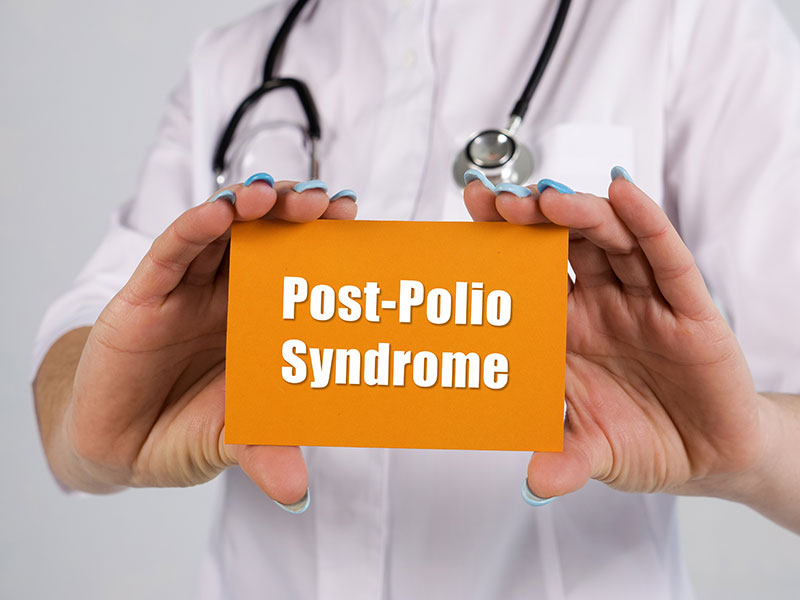
Grifols announced positive results from its Phase II/III clinical trial evaluating the efficacy and safety of Flebogamma 5% DIF (intravenous immune globulin [IVIG]) to treat patients with post-polio syndrome, which demonstrated a significant improvement in distance walked compared to placebo.
IVIG Effectively Increased Platelet Counts in Maternal Thrombocytopenia
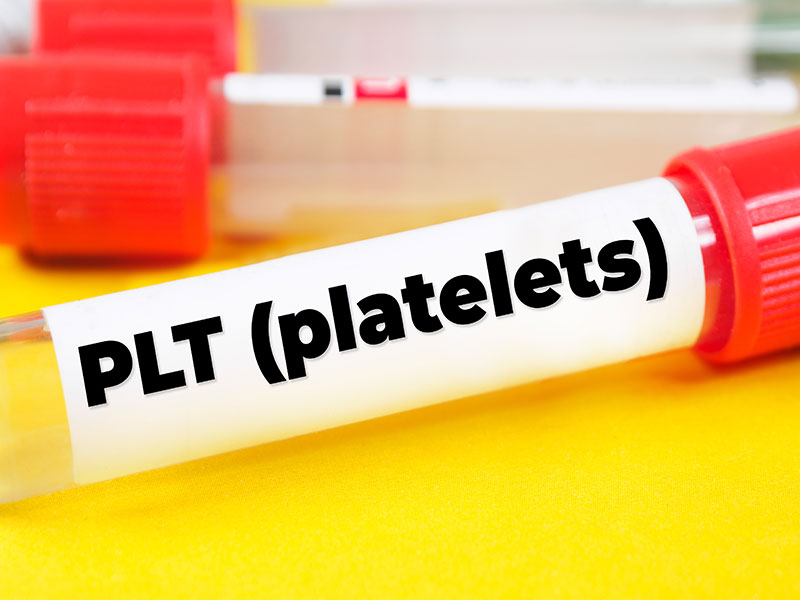
A recent study that sought to evaluate the efficacy of intravenous immune globulin (IVIG) and identify predictors of platelet response in pregnant persons with moderate-to-severe thrombocytopenia, as well as to optimize clinical decisions and resource use, has found that IVIG effectively increases platelet counts.
Uplizna Approved to Treat IgG4-Related Disease

Amgen’s UPLIZNA has been approved by the U.S. Food and Drug Administration as the first and only treatment for adults living with Immunoglobulin G4-related disease.
Diagnosing and Treating Infant Botulism
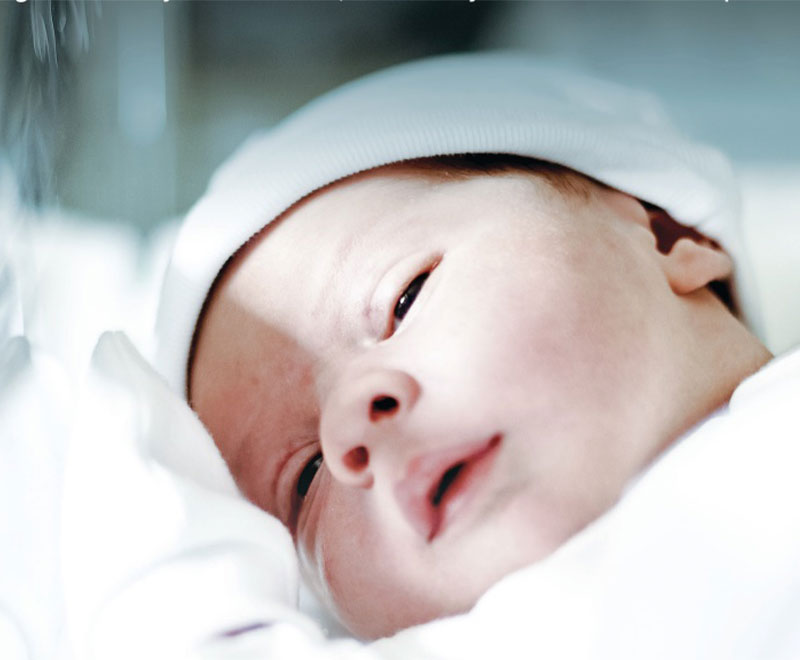
Since the approval of BabyBIG, the only treatment for this rare but life-threatening disease affecting infants mostly under 6 months, the mortality rate is now less than 15 percent.
Update on Rabies

Though mostly eradicated in the U.S., treatment for rabies must begin immediately with hyperimmune globulin and vaccines.